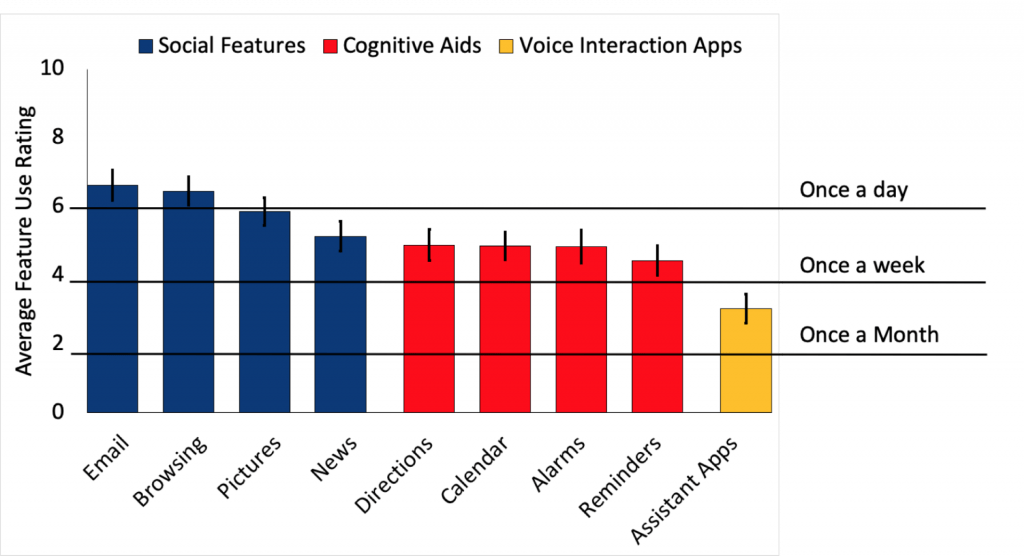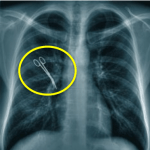Prospective memory refers to remembering to perform future intended actions. You utilize prospective memory everyday when you remember to take your medication with dinner, remember to wish friends happy birthday, and remember to pick up milk at the grocery store. Half of everyday forgetting can be attributed to prospective memory failures and failures in prospective memory have been documented to have severe consequences in workplace environments such as aviation and healthcare.
Dynamic Multiprocess Framework
Part of our laboratory’s focus is understanding the dynamics by which intentions are encoded and retrieved. For example, when you form the intention to get gas, you might rehearse that intention and actively look for signs for gas stations. This is called monitoring, and it is prefrontal-cortex-dependent process. But, monitoring is effortful and is unlikely to be sustained indefinitely. When one is  not monitoring, intentions can still sometimes “pop” into mind in response to environmental cues. This is called spontaneous retrieval, and it is a relatively automatic process that is supported by the ventral parietal cortex and the hippocampus. The Dynamic Multiprocess Framework’s view is that monitoring and spontaneous retrieval work together dynamically.
not monitoring, intentions can still sometimes “pop” into mind in response to environmental cues. This is called spontaneous retrieval, and it is a relatively automatic process that is supported by the ventral parietal cortex and the hippocampus. The Dynamic Multiprocess Framework’s view is that monitoring and spontaneous retrieval work together dynamically.
Technology-Based Support for Alzheimer’s Disease and Related Dementias
Our current research efforts focus on translating prospective memory science into real world benefits for cognitively impaired patients and their caregivers. Prospective memory is necessary for sustaining independent living, but Alzheimer’s disease pathology compromises both monitoring and spontaneous retrieval processes. One solution that we have tested involves training patients to use an implementation intention (“When I see cue X, then I perform action Y”). That approach shows some success in mild cognitive impairment, but there’s still considerable room for improvement. A potentially better solution is to use smartphone-based reminders that circumvent the need for monitoring or spontaneous retrieval. Because it is unknown whether Alzheimer’s disease patients can be trained to use smartphones, we have partnered with Baylor Scott & White Healthcare to conducted a randomized behavioral clinical trial (funded by NIH). More information on this pre-registered research can be found on ClinicalTrials.gov.

Patients with mild Alzheimer’s Disease regularly use smartphones, but are unaware or do not know how to use the reminder features on their phones (Benge et al., 2019).

